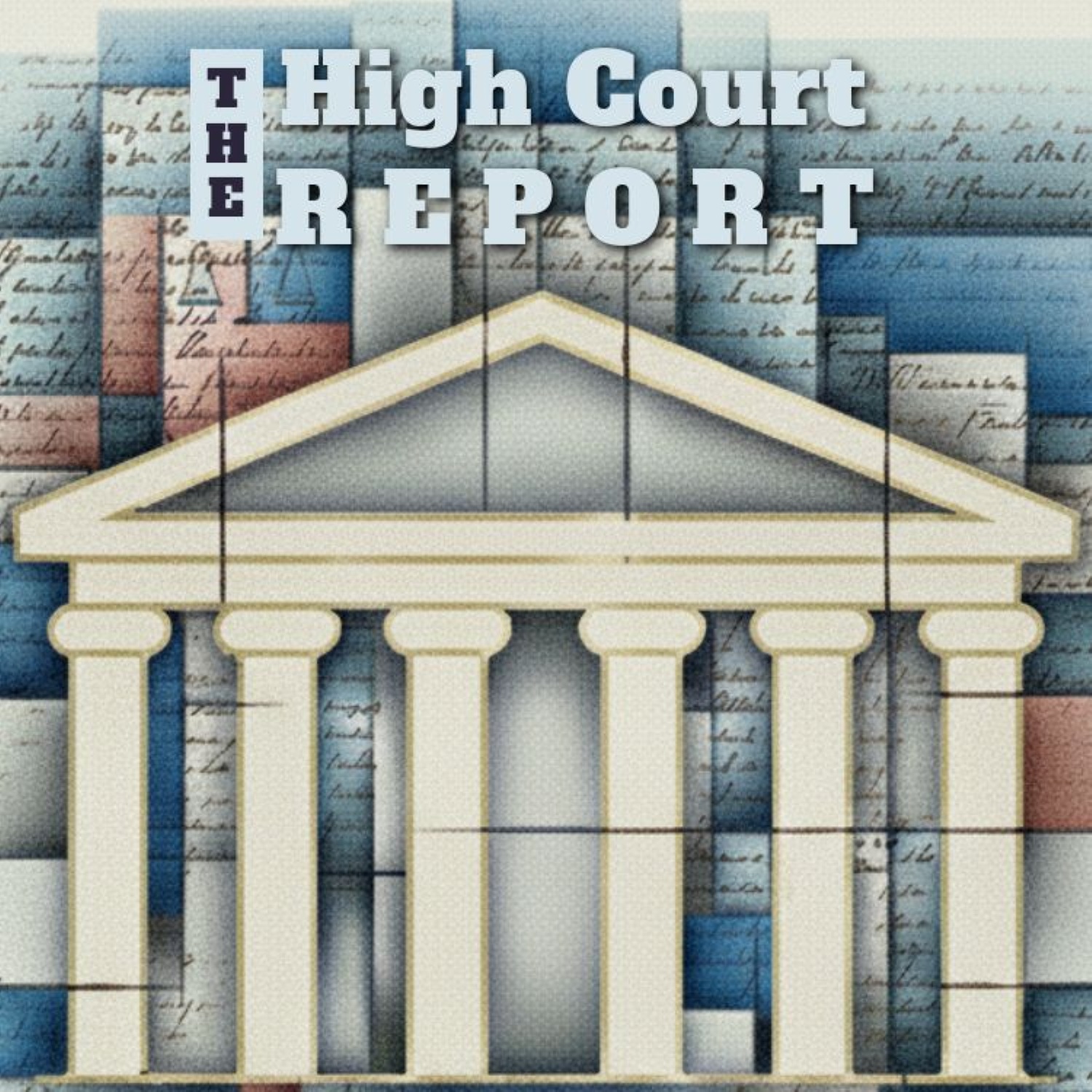Episode 33
Oral Argument: Cunningham v. Cornell University | Case No. 23-1007 | Date Argued: 1/22/25
Case Info: Cunningham v. Cornell University | Case No. 23-1007 | Date Argued: 1/22/25
Link to Docket: Here.
Background:
The Employee Retirement Income Security Act of 1974 ("ERISA"), 29 U.S.C. § 1106(a)(1) (C), prohibits a plan fiduciary from "engag[ing] in a transaction, if he knows or should know that such transaction constitutes a direct or indirect furnishing of goods, services, or facilities between the plan and a party in interest." The statute elsewhere defines "party in interest" broadly to include a variety of parties that may contract with or provide services to a plan. See 29 U.S.C. § 1002(14)(B).
The Eighth and Ninth Circuits have applied the Seventh, and Tenth Circuits have, on the other hand, required plaintiffs to allege additional elements to state a claim, because a "literal reading" of 29 U.S.C. § 1106(a)(1)(C) would purportedly produce "results that are inconsistent with ERISA's statutory purpose." Albert v. Oshkosh Corp., 47 F.4th 570, 585 (7th Cir. 2022).
Question Presented: Whether a plaintiff can state a claim by alleging that a plan fiduciary engaged in a transaction constituting a furnishing of goods, services, or facilities between the plan and a party in interest, as proscribed by 29 U.S.C. § 1106(a)(1)(C), or whether a plaintiff must plead and prove additional elements and facts not contained in the provision's text.
Holding: To state a claim under §1106(a)(1)(C), a plaintiff need only plausibly allege the elements contained in that provision itself, without addressing potential §1108 exemptions.
Result: Reversed and remanded.
Voting Breakdown: Justice Sotomayor delivered the opinion for a unanimous Court. Justice Alito filed a concurring opinion, in which Justice Thomas and Justice Kavanaugh joined.
Link to Opinion: Here.
Advocates:
- For petitioners: Xiao Wang, Charlottesville, Va.; and Yaira Dubin, Assistant to the Solicitor General, Department of Justice, Washington, D.C. (for United States, as amicus curiae.)
- For respondents: Nicole A. Saharsky, Washington, D.C.
Website Link to Opinion Summary: Here.
Apple Podcast Link to Opinion Summary: Here.
